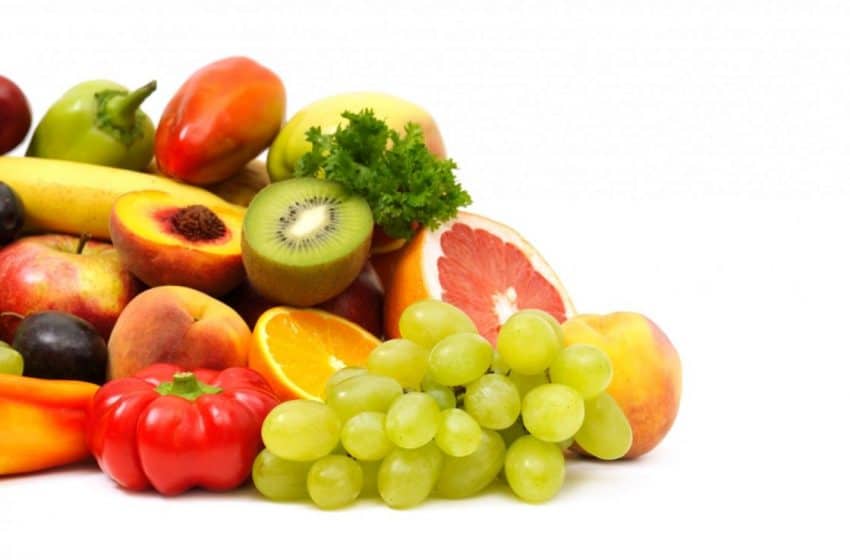Why You Should Bother about Vitamin C

Vitamin C is an essential nutrient which your body needs in order function properly. It is also known as the ascorbic acid and it’s a water soluble vitamin. Animals possess the ability to generate Vitamin C in their bodies naturally but humans,no matter how far we think we have come in the evolution cycle, are unable to do so and therefore we need to obtain this essential nutrient from our diet. Since this vitamin is sensitive to light, heat and air it should be obtained from raw and fresh food products. In fact, when youboil or freezeyour food you lose almost 25% of the Vitamin C content from it.
The nutrient acts as an antioxidant which protects the cells in your body from free radical damage. Yes, we are talking about those free radicals which are formed when your body converts food into energy or when your body is exposed to various kinds of pollution like cigarette smoke, UV rays and air pollution. These free radical compounds are the main reason why we start looking older with time. I hope now you can imagine the importance of Vitamin C in our diet. The nutrient also helps in producing collagen which is a type of protein essential for the growth and repair process of our tissues, bones and teeth.
Vitamin C is known to prevent cardiovascular diseases, common cold, certain types of cancers, joint diseases, and cataracts. Sufficient amount of Vitamin C results in the regeneration of Vitamin E that helps in iron absorption. You need to improve the intake of Vitamin C if you are suffering from autism, acne problems, depression and bowel problems. When taken with Vitamin B and Vitamin E, this nutrient helps in preventing transfer of HIV from mother to her unborn child. Its intake is highly recommended for people suffering from ‘uveitis’, which is a kind of inflammation of the eye.
Common Sources of Vitamin C
Fruits like oranges, strawberries, watermelon, papaya, grapefruit, raspberries, cranberries, kiwi, pineapple, blueberries, cantaloupe, mangoes and certain other citrus juices are rich sources of this nutrient.
Vegetables are also a great source of Vitamin C. Make sure your refrigerator is well stocked with vegetables like red or green peppers, tomatoes, cabbage, broccoli, cauliflower, spinach, potatoes, turnip and Brussels sprouts.
Symptoms of Vitamin C Deficiency
Scurvy is the medical condition resulting due to deficiency of Vitamin C. The common symptoms are bleeding gums and nose, discoloration of skin, dry and splitting hair, rough and dry skin, anaemia, swollen and painful joints and decreased ability of the body to heal wounds or to fight infections.
On the contrary, if you have consumed excessive amount of Vitamin C it can result in stomach cramps, diarrhoea and nausea. If a pregnant woman consumes excessive Vitamin C her baby can end up facing problems of rebound scurvy.
Who Suffer from Vitamin C Deficiency
Alcoholics and smokers are at the highest risk of being prone to Vitamin C deficiency. Infants who are on cow’s milk are other potential sufferers. People suffering from ‘type 1 diabetes’, chronic diarrhoea or anorexia nervosa,are also at risk.
Critical deficiency of Vitamin C is quite rare but if its intake is continuously low for a long period of time, it can result in high blood pressure, build-up plague in blood vessels which can result in a heart attack, age related degeneration and asthma.





